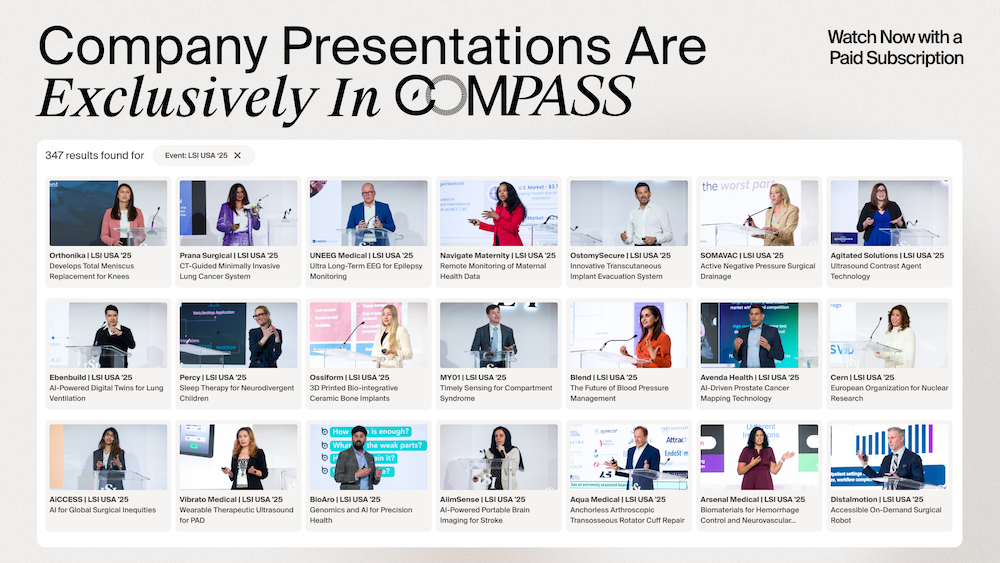- Video Library
- John Timberlake Presents Berkshire Biomedical at LSI USA '23
John Timberlake Presents Berkshire Biomedical at LSI USA '23
shaping the future of
Medtech at LSI USA ‘26
Waldorf Astoria, Monarch Beach

John Timberlake
30+ years of healthcare executive leadership with accomplished track-record commercializing medical devices, drugs, and drug-device combinations
Progressive leadership at private, public, small start-up to multibillion-dollar organizations in the Medical Technology and Pharmaceutical industries
CEO of private and public companies with extensive board management and capital raising experience in the private and public markets
John Timberlake
30+ years of healthcare executive leadership with accomplished track-record commercializing medical devices, drugs, and drug-device combinations
Progressive leadership at private, public, small start-up to multibillion-dollar organizations in the Medical Technology and Pharmaceutical industries
CEO of private and public companies with extensive board management and capital raising experience in the private and public markets

17011 Beach Blvd, Suite 500 Huntington Beach, CA 92647
714-847-3540© 2026 Life Science Intelligence, Inc., All Rights Reserved. | Privacy Policy







